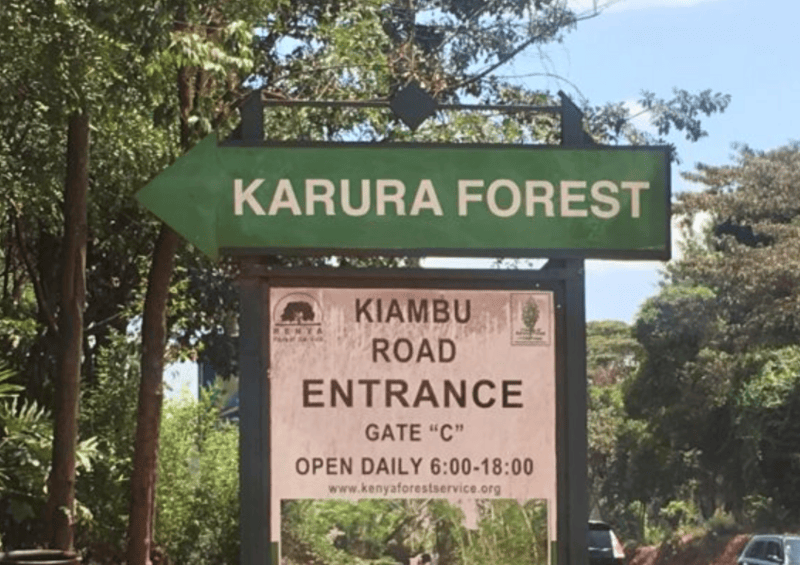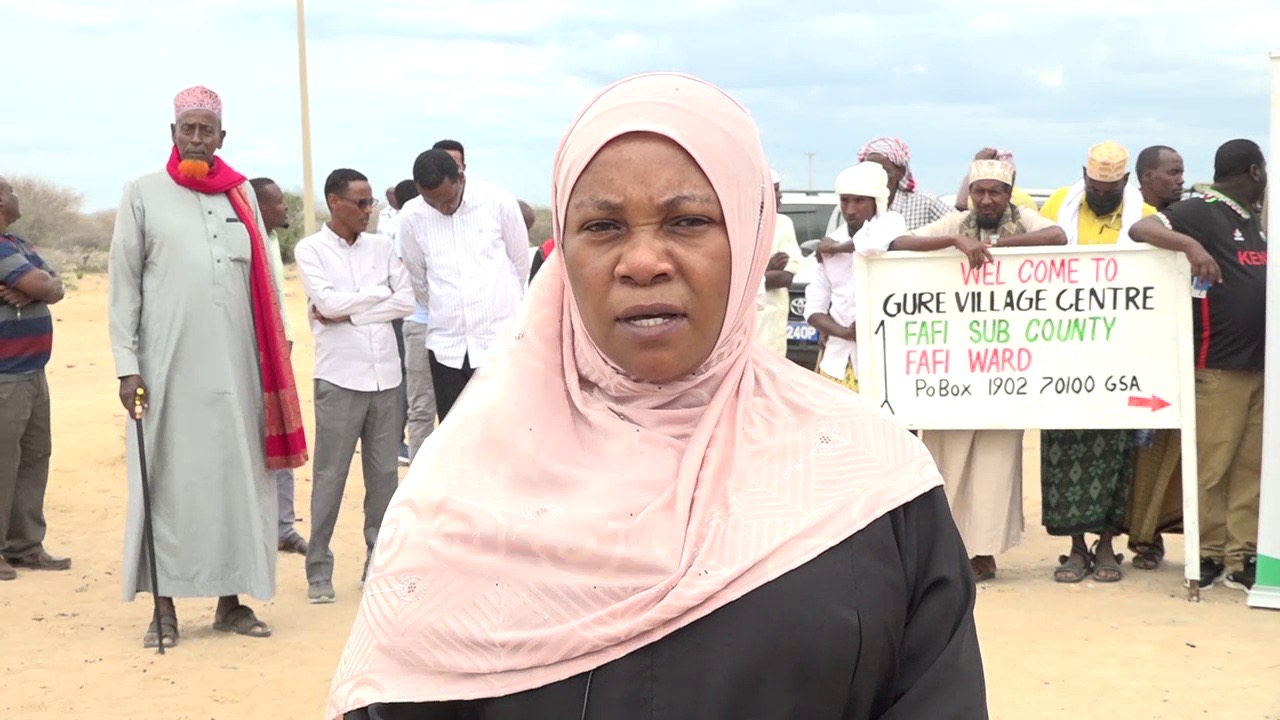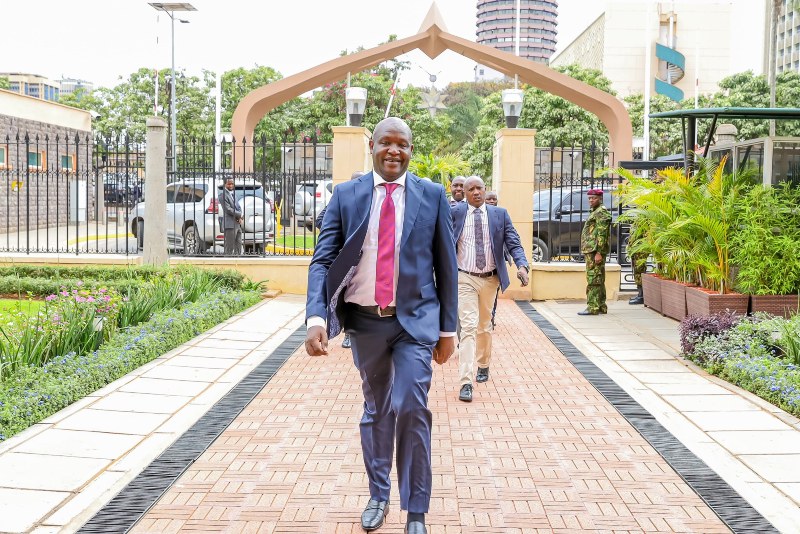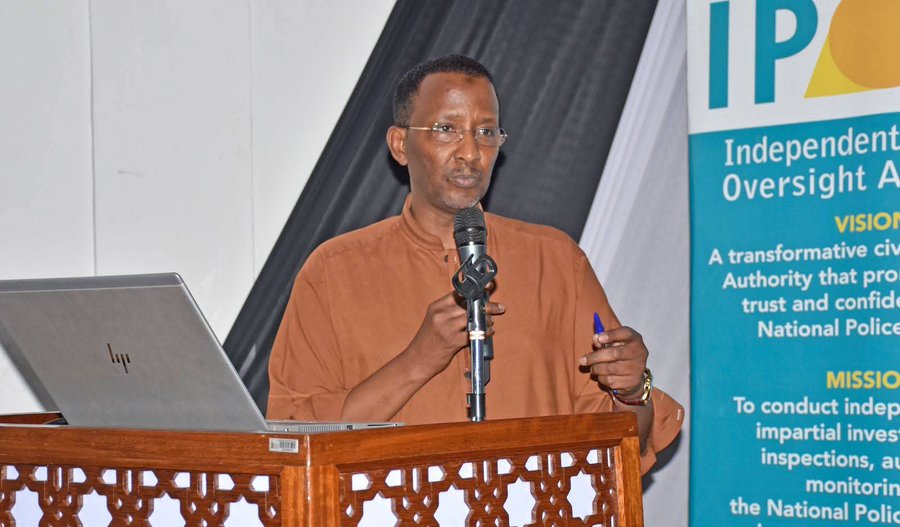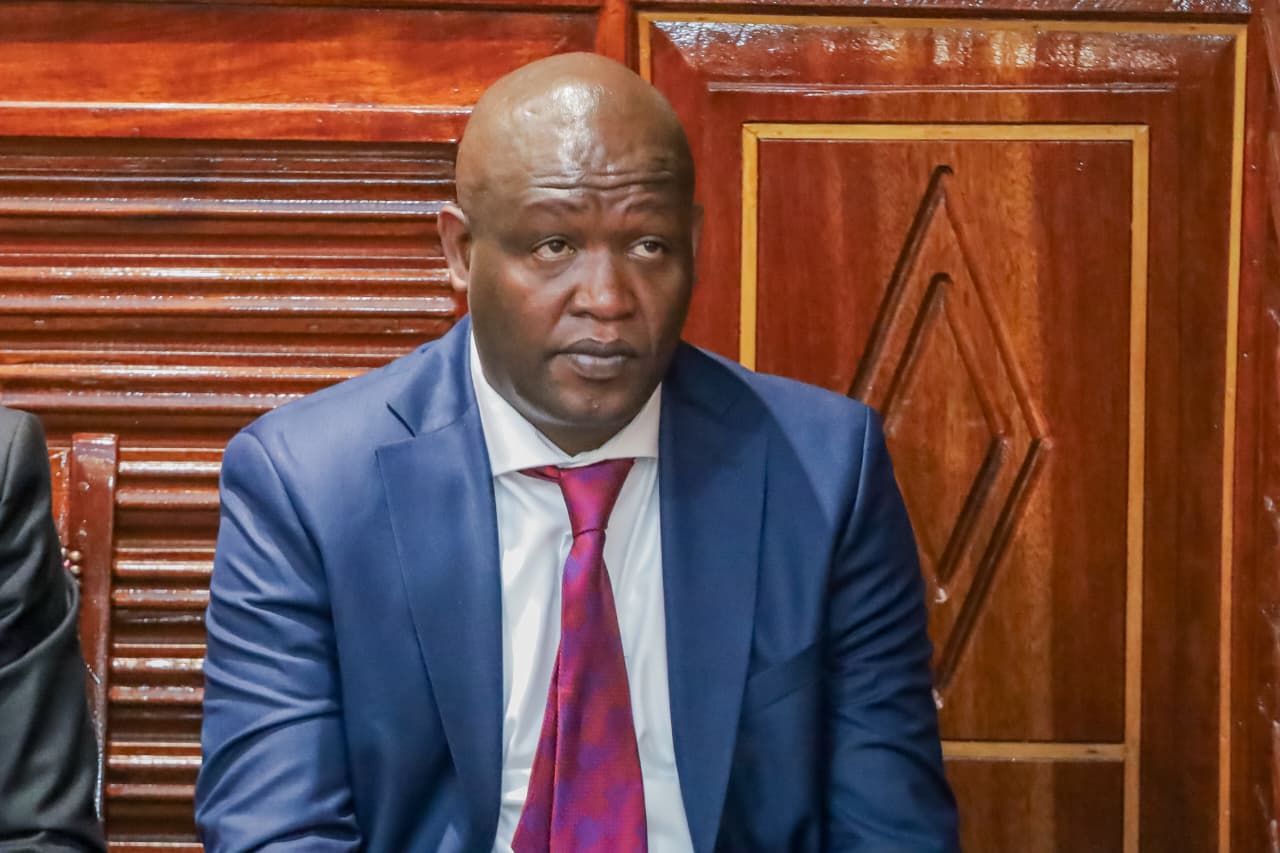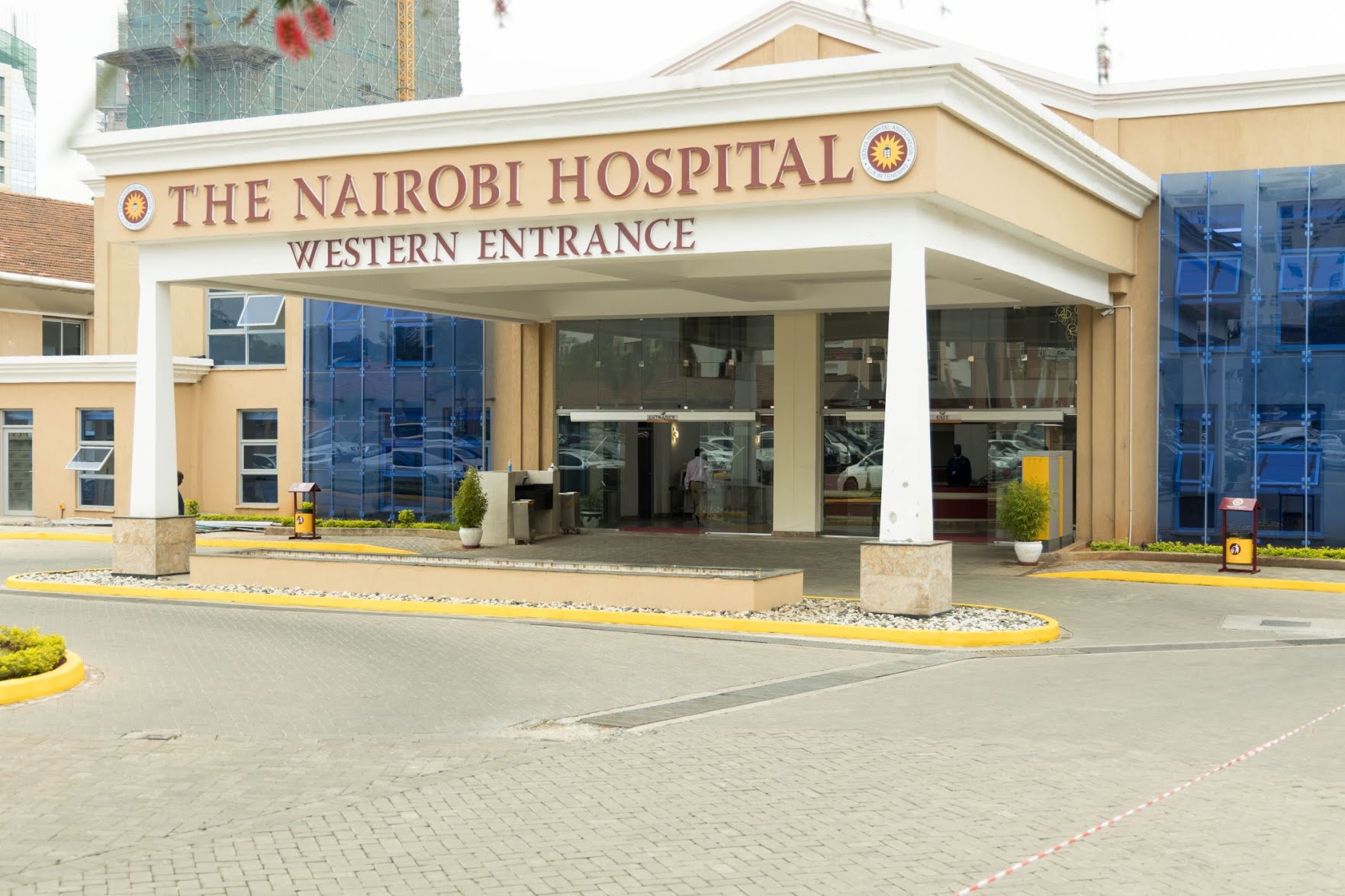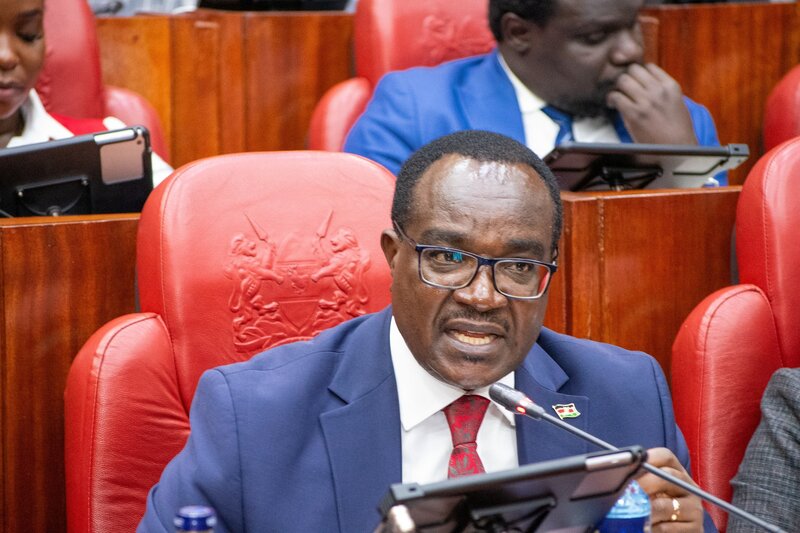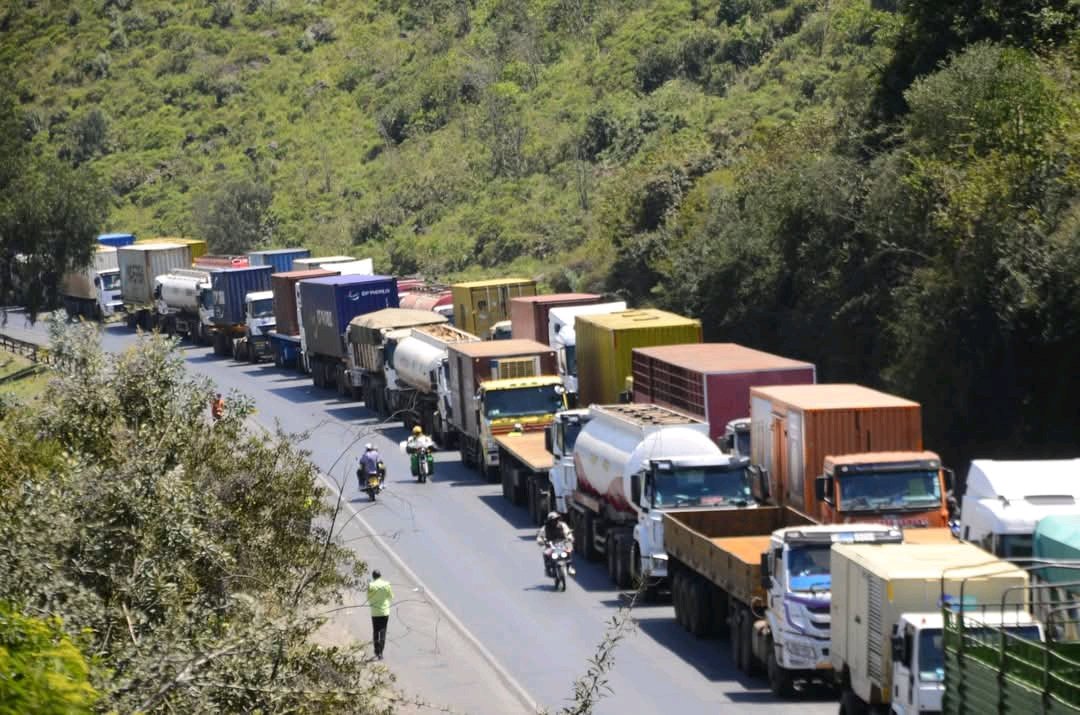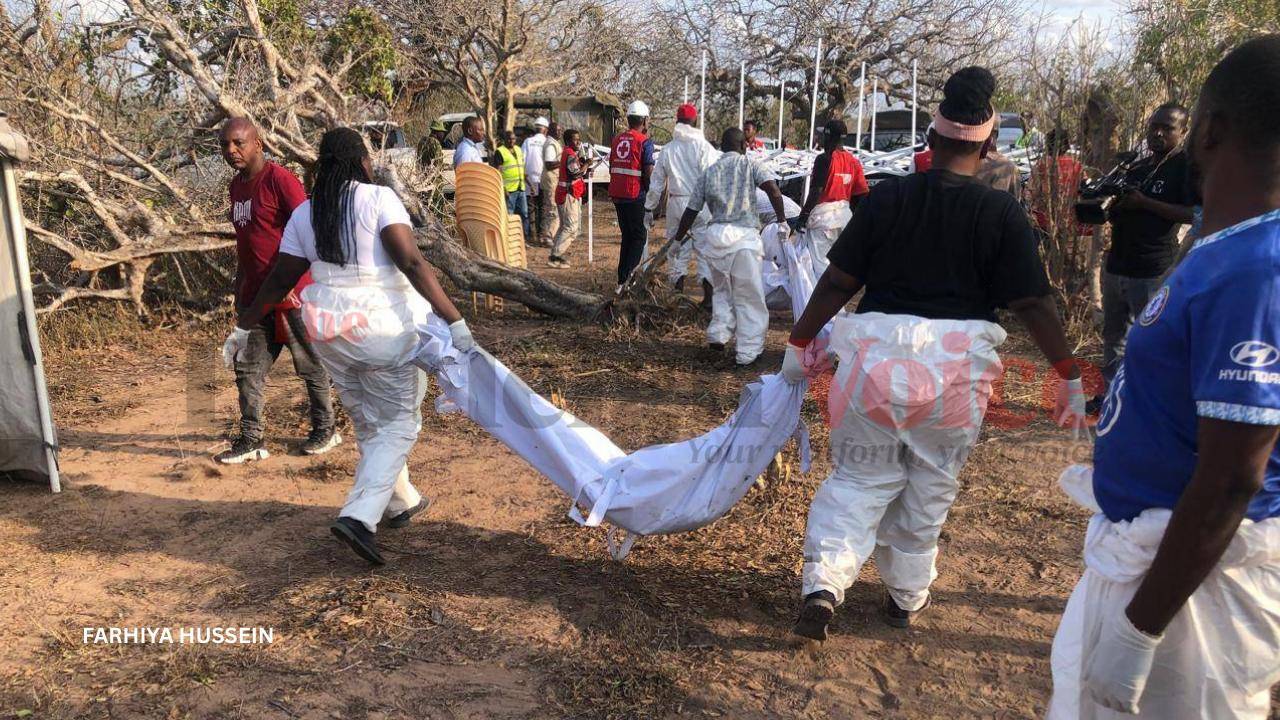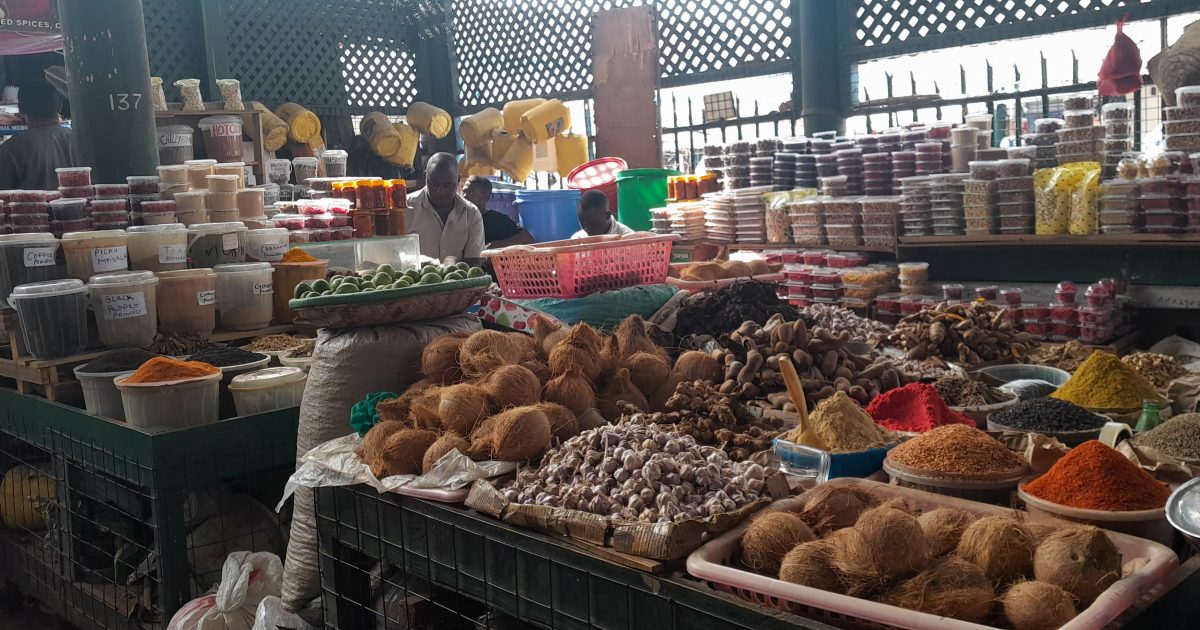Over 1,000 children held in detention centres across Kenya - report

As of June 2023,1,019 children are distributed across various facilities, including children's rescue centres, remand homes, reception and assessment centres, and rehabilitation schools.
A report from the National Council of Administration of Justice (NCAJ) has raised concerns over the number of children held in detention centres across Kenya.
The report reveals over 1,000 children are currently detained for various reasons, including being in conflict with the law.
More To Read
- DCI launches probe into rise of juvenile gangs in Nairobi's Umoja estate, environs
- Substance abuse in Coast region exceed national average - CS Murkomen
- Interior CS Murkomen clarifies robbery incident targeting tourist involved lone criminal, not gangs
- Police post to be set up in Mombasa's Mapembeni area after tourist robbed
- Police nab 120 suspects in Kwale crackdown on ‘Panga Boys’ gang
- Rights groups urge caution as police tackle gang crisis at coastal counties
As of June 2023, the report shows that 1,019 children are distributed across various facilities, including children's rescue centres, remand homes, reception and assessment centres, and rehabilitation schools.
The majority of the detained children are held in child remand institutions, where they are kept for allegedly committing criminal offenses.
According to the report, while the number of children admitted to these institutions continues to rise, the number of those leaving is equally high.
For example, in five children's rescue centres, 757 children were admitted, while 555 exited, leaving only 202 children in these facilities by June 2023.
Similarly, nine children's remand homes admitted 3,620 children, with 2,952 exiting, leaving 688 children behind.
The report also highlights data from two reception, assessment, and classification centres, where 234 children were admitted, and 212 exited, leaving just 22 children remaining.
In the nine rehabilitation schools sampled, 298 children were admitted, 171 exited, and 127 remained.
These centres, which cater to children who have either committed offenses or been neglected, are under the management of the Directorate of Children Services.
The Directorate is responsible for ensuring the protection and care of children, including running remand homes for those in conflict with the law.
Concerns
However, there are also concerns regarding the treatment and rehabilitation of children, particularly in borstal institutions, which are designed to rehabilitate young offenders.
Borstal institutions are specifically for children under the age of 18 who have committed serious offenses but are too young to be held in regular prisons.
As of 2016, there were only three such institutions in the country, with a call for more to be established to help rehabilitate "difficult" children.
According to the National Parents Association, expelling students for criminal behaviour without rehabilitation is damaging, and instead, borstals and approved schools should be expanded to focus on rehabilitation.
While children in rehabilitation centres serve their terms, they are engaged in vocational training, learning skills such as carpentry, masonry, bakery, hairdressing, and electrical wiring, aimed at equipping them with skills for reintegration into society.
The NCAJ report also revisited a 2012 revelation that hundreds of children under the age of four were living in prison with their mothers, facing unhygienic conditions and overcrowding.
Of the 361 children in various correctional facilities, 80 were living with their mothers at Lang'ata Women's Prison, as their mothers could not be separated from them after being convicted.
Top Stories Today
Reader Comments
Trending
